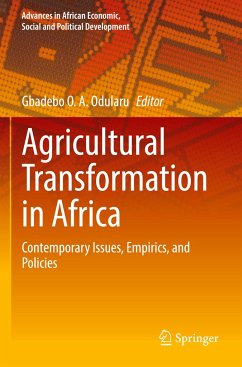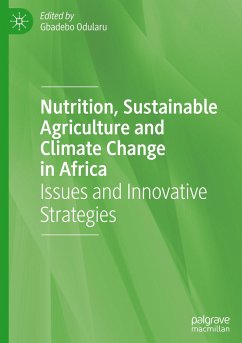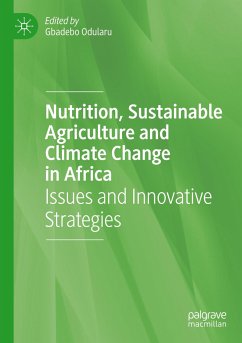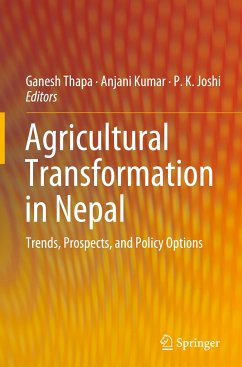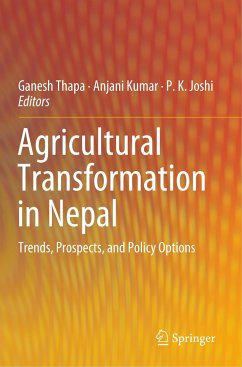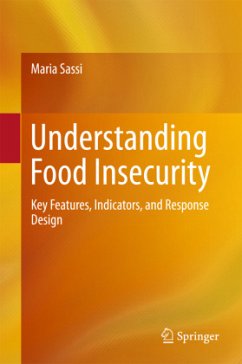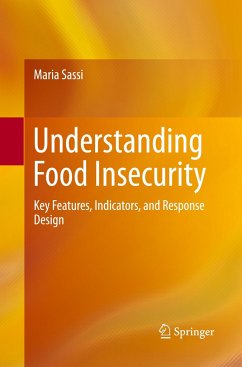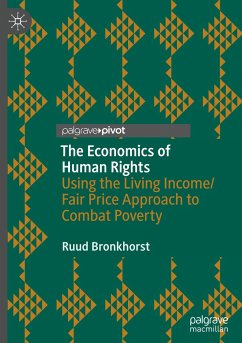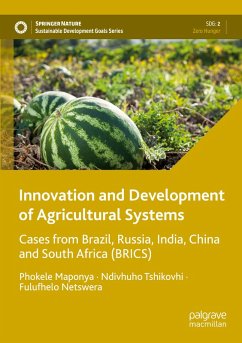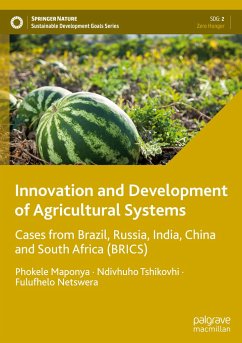
Agricultural Transformation in Africa
Contemporary Issues, Empirics, and Policies
Herausgegeben: Odularu, Gbadebo O. A.

PAYBACK Punkte
61 °P sammeln!
This book offers new insights into the ongoing agricultural transformation in Africa. Presenting case studies, macro-level simulations, and relevant surveys, it analyzes food crops and agri-food policy challenges and their implications in various African countries. In addition, it discusses how current African agri-food policies could be improved to achieve the continental vision of sustainable development in light of the African Union's Agenda 2063.The respective contributions address topics such as drivers of technical efficiency among smallholder maize farmers; farm management practices; ag...
This book offers new insights into the ongoing agricultural transformation in Africa. Presenting case studies, macro-level simulations, and relevant surveys, it analyzes food crops and agri-food policy challenges and their implications in various African countries. In addition, it discusses how current African agri-food policies could be improved to achieve the continental vision of sustainable development in light of the African Union's Agenda 2063.
The respective contributions address topics such as drivers of technical efficiency among smallholder maize farmers; farm management practices; agri-food infrastructure policies; food security; agricultural growth; and financing for and investment in agricultural production. Accordingly, the book appeals to scholars of economics and agricultural studies and to anyone interested in the agricultural transformation of Africa.
The respective contributions address topics such as drivers of technical efficiency among smallholder maize farmers; farm management practices; agri-food infrastructure policies; food security; agricultural growth; and financing for and investment in agricultural production. Accordingly, the book appeals to scholars of economics and agricultural studies and to anyone interested in the agricultural transformation of Africa.





